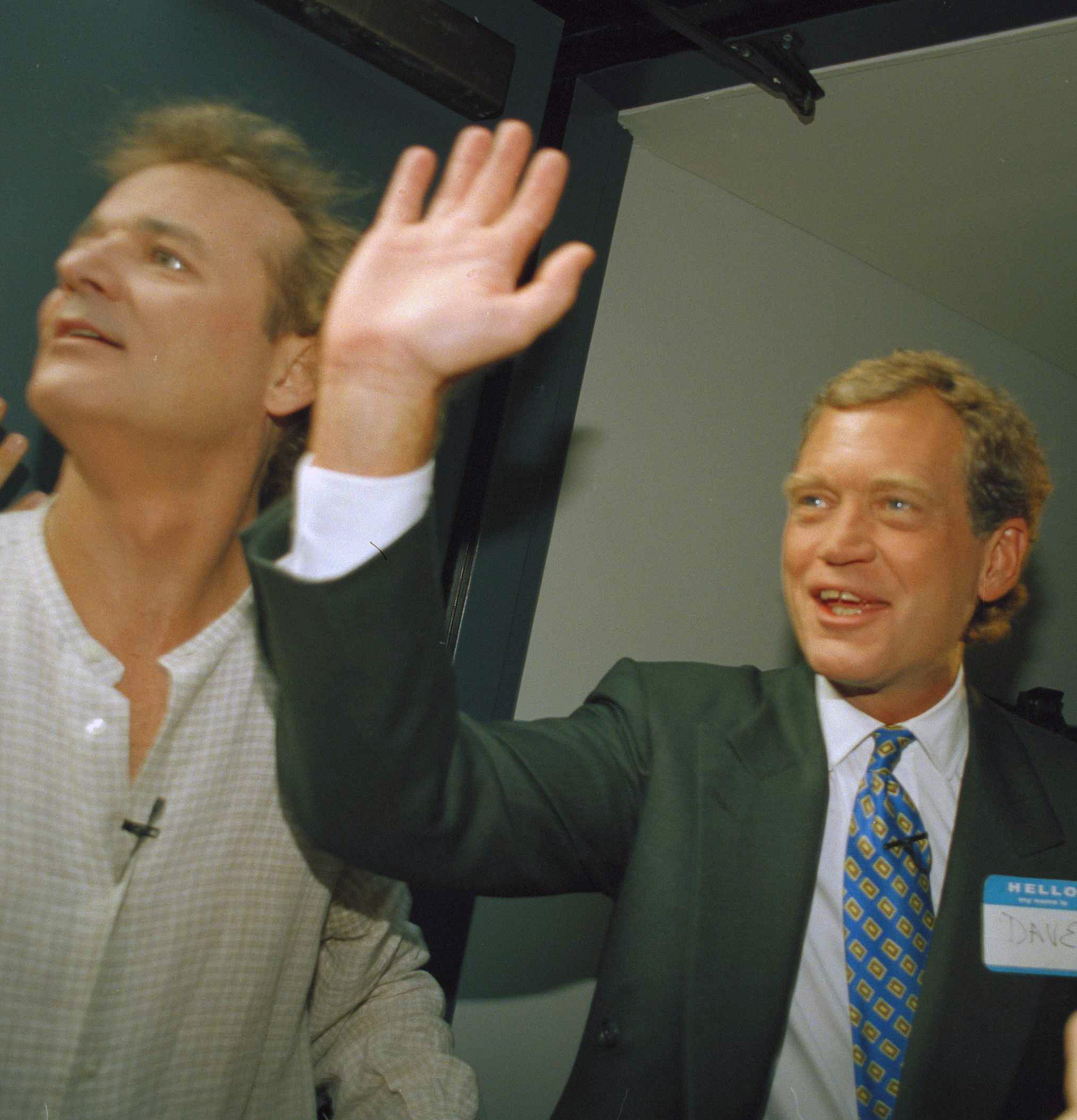David Letterman: 2 shows, 6,028 broadcasts and a late-night legacy
The simplest way to understand David Letterman’s impact on late-night comedy, 33 years after his debut, is to look at the current state of his competition. For all the talk of the genre’s generational turnover and its burgeoning new era heralded by young gun Jimmy Fallon, since Letterman upended the format with “Late Night” in 1982, its edges have merely been refined. When he retires Wednesday, he’ll leave behind a landscape filled with imitators — an essentially unavoidable situation, considering that most American comedians who found major success in the last 20 years owe a debt to his work, writes the Atlantic’s David Sims.
No matter how fancy the sets look now, or how wide the circle of late night expands into basic cable and online streaming, Letterman’s footprint will always be detectable.
The Atlantic’s David Sims
The future of late-night TV remains hard to predict — it will never be the ratings bonanza it was when America only watched three channels, but any report of its death feels deeply premature when someone as big as Stephen Colbert is being poached from Comedy Central to replace Letterman, and Fallon is making $12 million a year at NBC. The late-night show is an important brand, and more importantly, a content farm for the Internet age — of all the traditional building blocks of network television, nothing is more easily translated online into bite-sized clips than late-night comedy.

Entertainment David Letterman